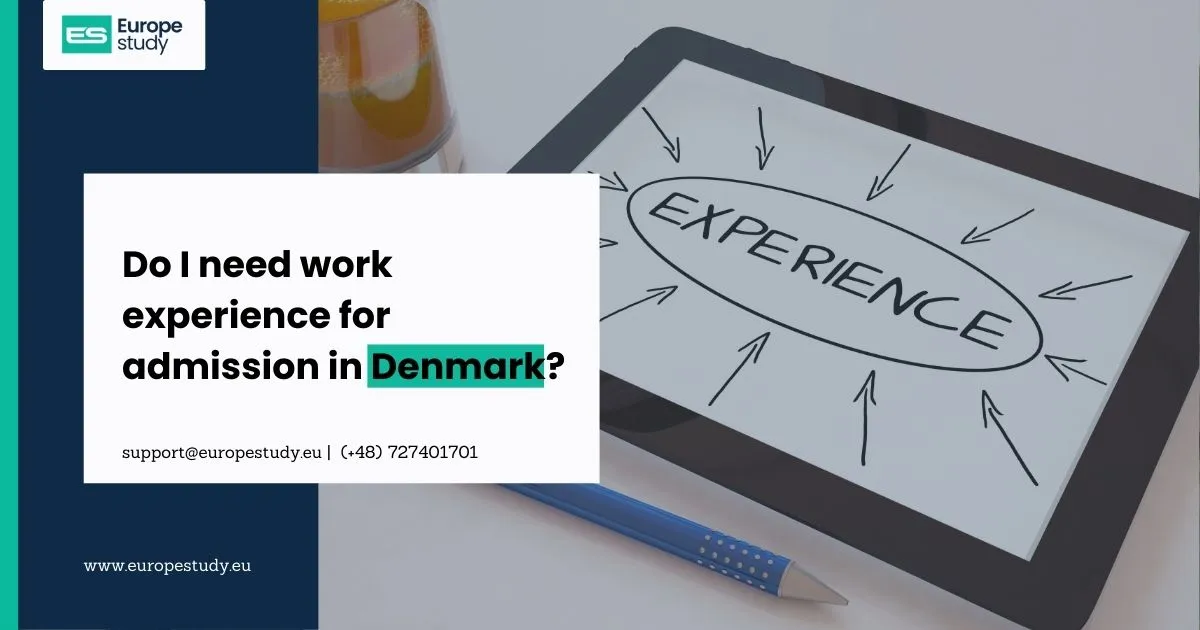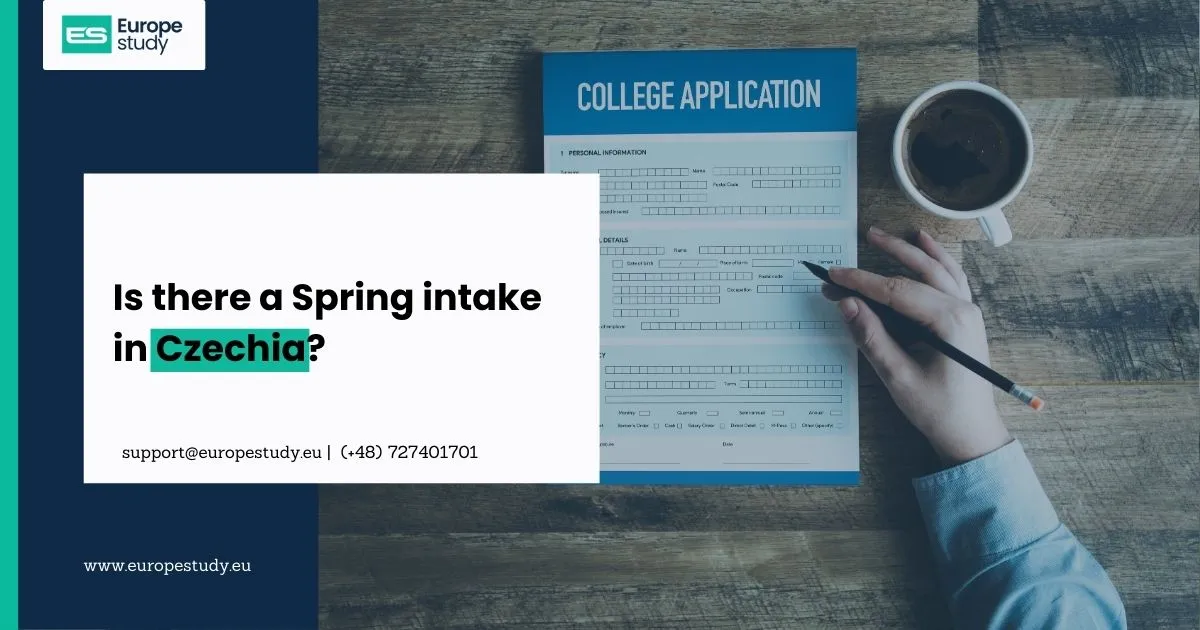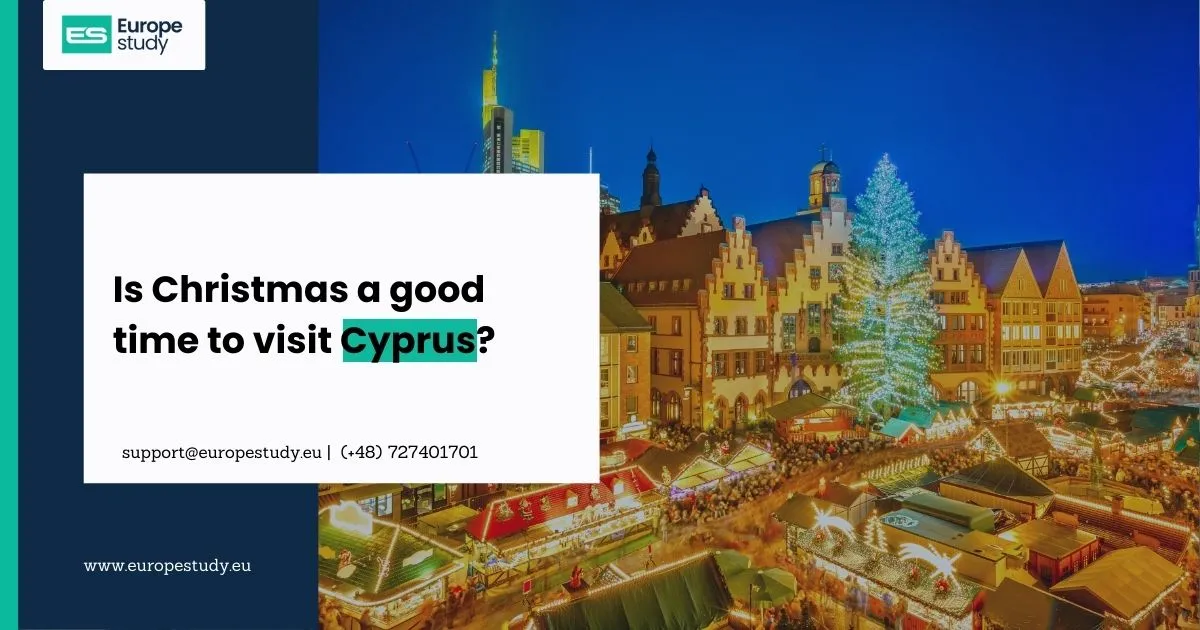
How to Transition from Student Life to Work in Poland?
For many international students, Poland serves not only as an academic destination but also as a launchpad for a professional career in Europe. With its growing economy, low cost of living compared to Western Europe, and increasing number of English-speaking jobs, Poland is an attractive place to stay after graduation. But transitioning from student life to full-time work can be a complex process, especially for non-EU citizens.
This guide walks you through everything you need to know to make the shift successfully.
1. Understand the Legal Framework: Work Rights After Graduation
EU/EEA Students
If you're from an EU or EEA country, you're allowed to live and work in Poland without a visa or work permit. However, you may still need to register your stay with local authorities if staying longer than 90 days.
Non-EU Students
Non-EU students can work part-time during their studies without a work permit, and after graduation, you may apply for a temporary residence permit for the purpose of job-seeking or starting a business. This permit allows you to stay in Poland for up to 9 months while looking for employment.
Key Document:
- Temporary Residence Permit (for job search after studies)
Apply at your local Voivodeship Office. You must do this before your student residence permit expires.
2. Update Your CV and Cover Letter to Match Polish Standards
The Polish job market favors:
- A one-page CV for junior roles or fresh graduates
- A clear structure, including education, skills, and internships
- No photo is required but optional
- Avoid overly creative layouts unless applying for a design role
Your cover letter should be personalized, highlight your achievements, and show how your background fits the role. Even if the job doesn’t require Polish, knowing a few basics or showing willingness to learn can give you an edge.
3. Use the Right Job Portals and Networks
Here are some popular job search platforms in Poland:
- Pracuj.pl
- NoFluffJobs.com (great for tech roles)
- JustJoin.it (tech and startups)
- JobsinWarsaw.com, EURES, Glassdoor, and LinkedIn
Also, check if your university offers a career center or alumni job board. Many Polish universities have strong ties with local companies and may offer internships or job placement programs.
4. Attend Job Fairs and Networking Events
Major Polish cities such as Warsaw, Kraków, Wrocław, and Gdańsk regularly host career fairs, many of which are open to international students. Examples include:
- Absolvent Talent Days
- Jobicon
- Startup career fairs
- University-hosted recruitment events
Networking also matters. Join expat communities, LinkedIn groups, and tech meetups or industry-specific conferences.
5. Consider an Internship First
If you're unsure about jumping straight into full-time work or are struggling to get interviews, internships are a great way to bridge the gap. Many Polish companies offer paid internships that can lead to permanent roles.
Advantages:
- Gain local experience
- Improve Polish work culture understanding
- Strengthen your CV
- Easier for employers to offer you a job and help with work permits
6. Language Skills: How Much Polish Do You Really Need?
While many tech and multinational companies operate in English, basic Polish proficiency can greatly increase your job prospects—especially in local firms, public sector roles, and customer service.
Recommended options:
- Take language courses offered by your university
- Use apps like Duolingo, Babbel, or PolishPod101
- Join local language exchange meetups
Even a conversational level shows commitment and helps in daily life.
7. Apply for a Work Permit and Residence Card (If Required)
After Getting a Job Offer:
If you're from outside the EU, your employer will typically apply for a Type A work permit on your behalf. You will also need to apply for a temporary residence permit for work purposes.
Required documents generally include:
- Valid passport
- Employment contract or job offer letter
- Proof of accommodation
- Health insurance
- Bank statement (to show you can support yourself)
The application process can take a few months, so start early and ensure your documents are in order.
8. Adjust to Polish Workplace Culture
Key characteristics of Polish work culture:
- Punctuality is important
- Hierarchy and formality may be more noticeable than in some Western countries
- Direct communication is common, but polite
- Teamwork and cooperation are valued, especially in larger companies
9. Financial Planning and Taxes
As an employee, you will automatically be enrolled in the Polish social security and tax system. Your employer will deduct income tax (PIT) and social contributions from your salary.
Average salaries for recent graduates range from:
- 3,500–6,500 PLN gross/month in non-technical roles
- 6,000–10,000+ PLN gross/month in IT and finance
You should also register for a PESEL number if staying long-term—this is like a national ID and helps with many official procedures.
10. Think Long-Term: Permanent Residence or Citizenship
If you enjoy working and living in Poland, you may eventually apply for:
- Long-term EU residence permit (after 5 years of legal stay)
- Permanent residence permit
- Polish citizenship (under specific conditions)
Maintaining continuous legal stay, avoiding legal issues, and integrating socially will support your case in the future.
Final Thoughts
Transitioning from student life to a professional career in Poland requires preparation, legal awareness, and some persistence. But with the right strategy and support, many international students successfully build long-term lives and careers in Poland.
Start planning early, seek help when needed, and take advantage of Poland’s growing opportunities for international professionals.





